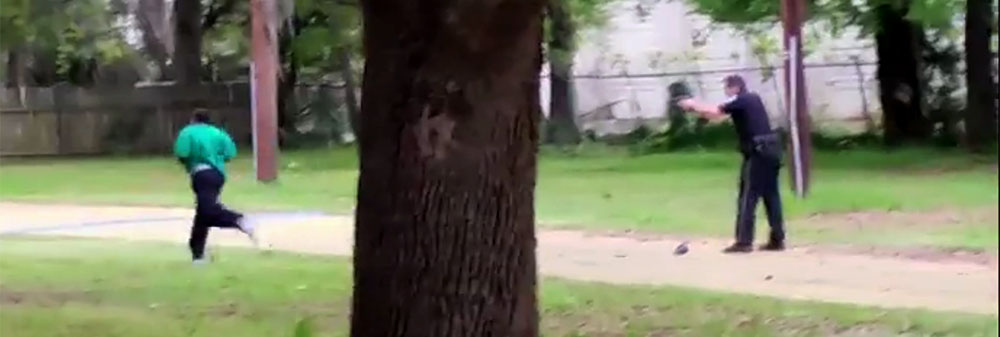
April 8, 2015
With the cases of Michael Brown, Eric Garner and Tamir Rice, alleged police brutality has become an eminent issue in American society. On April 7th, yet another video of a police officer killing an unarmed citizen was released. This time the video documents the seemingly unprovoked murder of a fifty-year-old man, Walter L. Scott in South Carolina. He was running away during the time of the shooting, making justifications for his death precarious. This is unlike the death of Michael Brown (which started a great deal of awareness about police brutality), where many argued that the evidence was inconclusive.
However many distinctions we can make about these occurrences, they all share one common element: each victim was African-American. What distinguishes Walter L. Scott’s death is the consequences. The police officers in the cases of Michael Brown, Eric Garner and Tamir Rice all escaped without a trial. The grand jury—the governing body that determines whether the suit go to trial—decided not to move forward with charging the officers in the previous incidents. In an unusual move, the officer in the Scott case, Michael T. Sager, will be charged with murder.
Police brutality against African-Americans is not a novel issue in this country. Even twenty-four odd years ago, when police officers brutalized Rodney King in Los Angeles, there appeared to be little surprise among the black community in America that this was a persistent part of their reality. Yet what was novel was the fact that there were charges filed. Though the officers in the Rodney King case were deemed not guilty in a criminal court, the civil court did award King almost four million dollars. However, for many years after, the issue of police brutality against African-Americans seemed to disappear.
In 2014, this issue became significant again. Michael Brown, an African-American in Ferguson, Missouri, was gunned down by a police officer, Darren Wilson. Michael Brown was dead at only nineteen-years-old. Why was this occurrence different? There was, like with the case of Rodney King, a video. Rodney King lived to tell his story. Michael Brown did not.
The prominence of this issue comes at a time when crime rates in major cities are at an all-time low. Most statistics appear to show that even the number of times police fire their weapons is less frequent, and less deadly. Despite this evidence, the American public seems to be more mindful that many of its citizens are still not being treated fairly or equally.
Indeed, the attention paid to this problem appears to signify a colossal shift in the way many Americans—and not just African-Americans—view the force that is supposed to protect them. As the #BlackLivesMatter movement has shown—and whether people agree this is an issue or not—discrimination by the police against black Americans has become a topic that few can ignore. With this newfound awareness, police brutality could become an issue that is so salient, it will have to be corrected.
Words by Max Dorfman




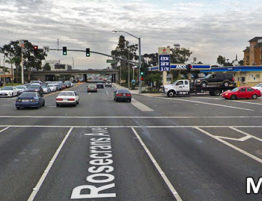

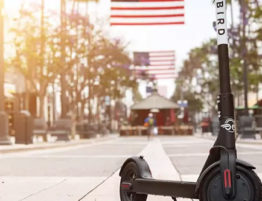
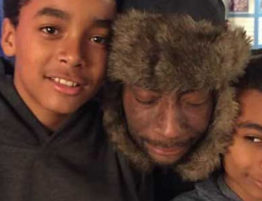
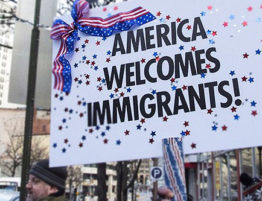

Write a comment: